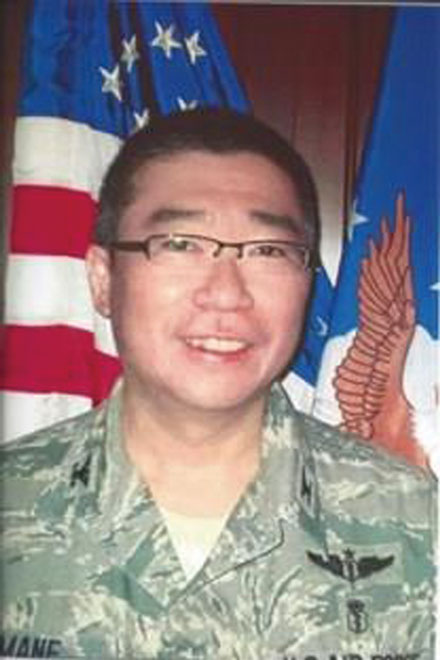By David Yamaguchi
The North American Post
This past week I was saddened to learn of the December death of Grover Yamane. It was hard to hear because his is a name I remember from my youth; we shared the start of our life journeys. Moreover, for all Beacon Hill and Rainier Valley Sansei, there is also the way that Grover’s departure makes life’s brevity—the way that its sand continues to fall through our generation’s hourglass—more real.
Perhaps like many, in recent years, I have always found some way to mentally distance the recently departed from myself.
“Oh, he was Nisei,” I might say, “so it cannot be helped.”
Or, it might be, “Oh, he was a few years older than me.”
Or, “He was Chinese American, so growing up he must have eaten different foods than me…”
With Grover, such artifice no longer works.
CLEVELAND HIGH ALUMNI from the mid-late 1970s will remember Grover as a cripplingly shy young man. Some students made fun of him.
Yet what made me feel good about reading Grover’s obituary online is how it shows powerfully that one’s mien in youth is not destiny.
In my case, after Cleveland and college, I pretty much lost track of Grover after the spring of 1979. At the time, he was a pre-med science major at Yale. I can picture him standing there in the snow, waiting to go to dinner, his hair all frizzy from having just taken a shower. For while he was always clean, he had not yet discovered that necessity of modern Asian life: hair gel!
IN LATER YEARS, I would cross paths with Grover only once. In 2007, I was pleasantly surprised to see him sitting on the bleachers near me, among other Cleveland alumni, at a dedication ceremony in the new gym there. While we only had a few minutes after the ceremony to chat—I recall he had somewhere he needed to go—I was pleased to learn then that Grover really had become a doctor. Even more than that, however, I remember being struck at how he had grown out of his shyness. He talked like any other former schoolmate. It would be only after reading his obituary, did I fully grasp the bigger picture of how he had made this happen.
AFTER YALE, Grover went to medical school at NYU. From there, as he was the kind of person who was into studying, he went on to obtain his master’s degree in public health. The latter credential is one that one finds among medical/dental teaching faculty. It is for those who want to do more than treat patients one-on-one. The idea is to be able to step into a large-scale setting—perhaps an epidemic or a third-world country—and to have the training needed to handle the broader medical needs of the community as a whole as well.
It was apparently after that third parting gate of academia that the world really opened for Grover. For him, it was career service with the U.S. Air Force that beckoned.
Grover would serve, as an Air Force physician, in Panama, Germany, England, Texas, and Florida. In addition to caring for aviators throughout, he wrote about their health issues in medical journals. His words there especially allow us to see how his mind worked. They can be perused on Google Scholar.
Following his military retirement after 20 years, Grover continued to work as an Occupational Health physician at the San Antonio Military Medical Center, Texas.
Beyond his career, Grover married, and helped raise two boys. Notably, he was an involved dad, active with the boys’ scouting activities as an assistant scoutmaster for ten years.
Grover is survived by his wife, Jill Yamane of San Antonio, and his sons, Maxwell (Greenbelt, Maryland) and Miles (San Antonio). In Washington, Grover’s remaining family includes his mother, Tsuruyo Yamane of Gig Harbor, and his sister, Karen Yamane of Port Orchard.
Grover’s remains are inurned at Fort Sam Houston National Cemetery, San Antonio.
THERE IS POETRY in Grover’s final resting place as well. Two generations before him, Seattle Issei community leaders were detained at the fort there by the Immigration and Naturalization Service. The men were en route to the internment camp at Lordsburg, New Mexico.
Of Grover’s life, those men might have said, “Kawaii ko niwa tabi ni sase yo.” Make a cute (sheltered) child travel (where he will learn from the world).
The take-home lesson for today might be, “Find fault not with the immigrant, until you consider who his grandchildren might become.”







